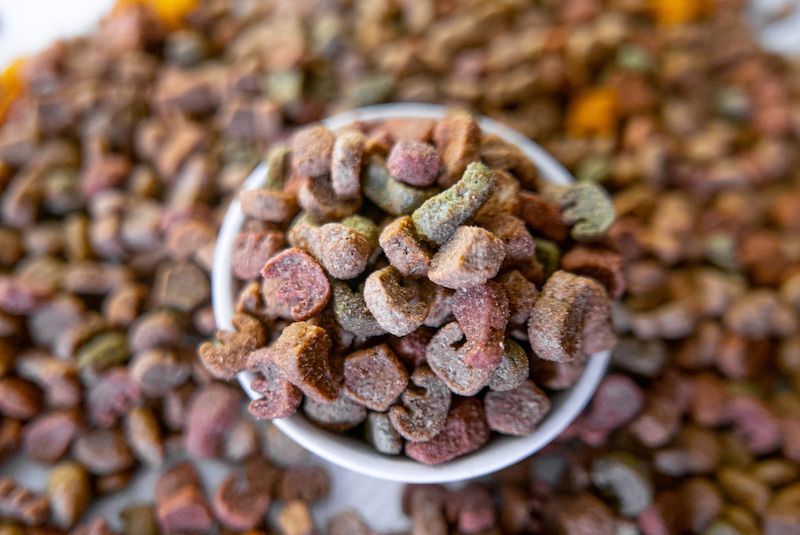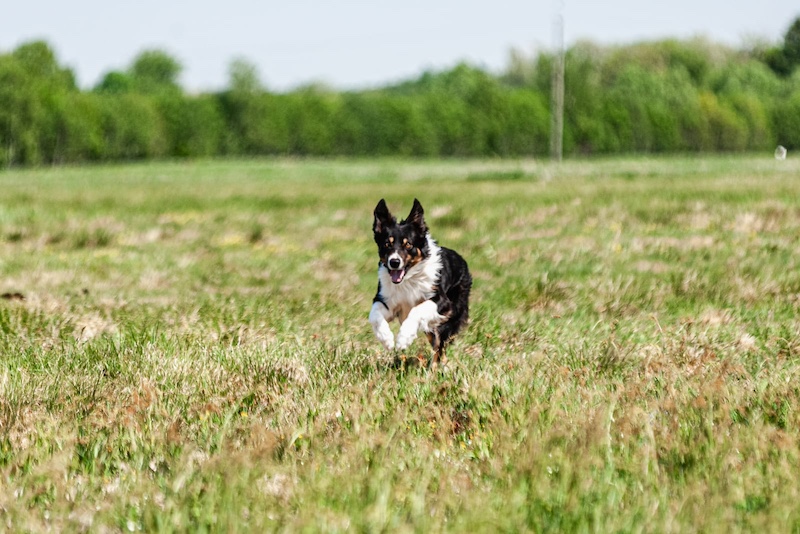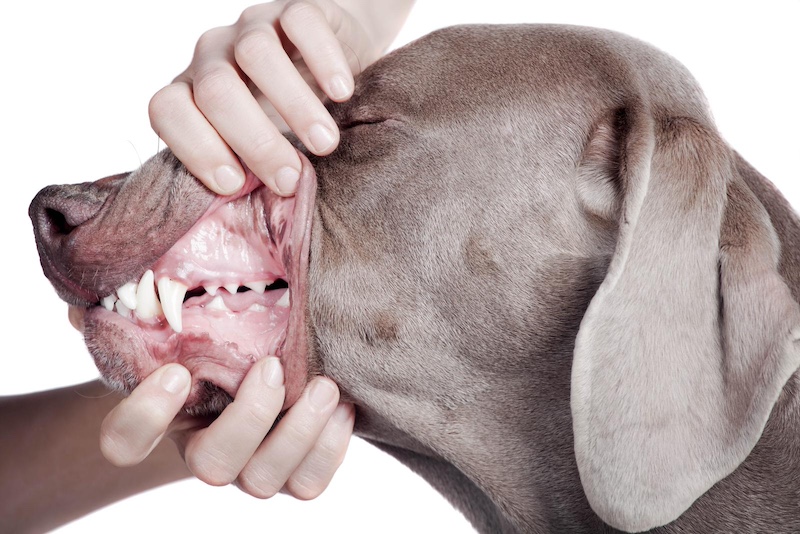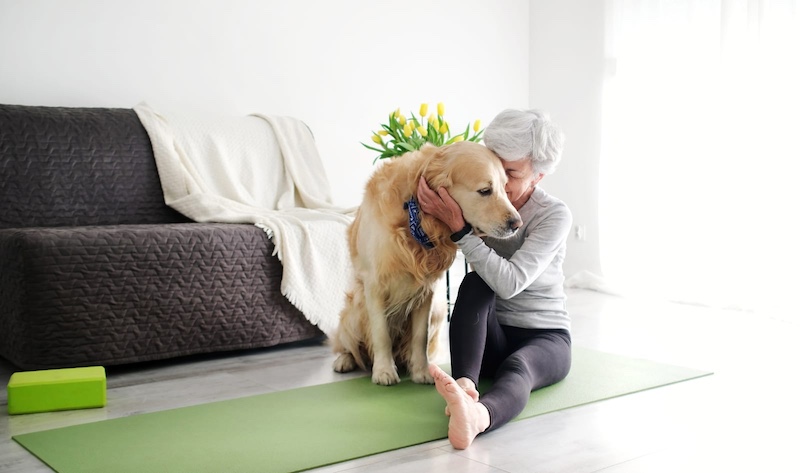Ensuring that your dog lives a long, healthy life is a priority for every pet owner. Our furry friends are more than just pets; they are cherished family members whose well-being and happiness are paramount. With the right care, attention, and lifestyle, you can significantly improve your dog’s lifespan, allowing you to enjoy many more years of companionship and joy. Here are ten effective ways to help your dog live longer, ensuring they remain healthy and happy throughout their life.
1. Provide a Balanced Diet

A balanced, nutritious diet is fundamental to your dog’s health. Opt for high-quality dog food that matches their age, size, and activity level. Avoid foods with artificial additives, preservatives, and fillers. Incorporate a variety of proteins, vegetables, and grains to provide all essential nutrients. Consulting your vet for dietary advice tailored to your dog’s specific needs can also be beneficial.
2. Ensure Regular Exercise

Exercise is crucial for maintaining your dog’s physical and mental health. Regular physical activity helps control weight, strengthens muscles and joints, and provides mental stimulation. Depending on your dog’s breed and age, ensure they get enough daily exercise through walks, playtime, or other activities like agility training or swimming.
3. Schedule Regular Vet Check-ups

Routine veterinary visits are essential for early detection and prevention of health issues. Regular check-ups allow your vet to monitor your dog’s health, administer vaccinations, and perform necessary tests. Early diagnosis of conditions such as heart disease, diabetes, or dental problems can significantly improve your dog’s chances of successful treatment and a longer life.
4. Maintain Dental Care

Oral health is often overlooked but is vital for your dog’s overall well-being. Poor dental hygiene can lead to periodontal disease, which can cause pain, tooth loss, and even affect the heart and kidneys. Regular brushing, dental chews, and professional cleanings can keep your dog’s teeth and gums healthy.
5. Provide Mental Stimulation

Keeping your dog mentally stimulated can prevent cognitive decline as they age. Engage them with puzzles, training sessions, interactive toys, and new experiences. Teaching new tricks or commands can also be a fun way to keep their mind sharp. Socialization with other dogs and people is equally important for their mental well-being.
6. Manage Their Weight

Obesity is a significant risk factor for many health problems, including diabetes, arthritis, and heart disease. Maintain your dog’s weight by providing a balanced diet and regular exercise. Monitor their body condition and consult your vet to ensure they are at a healthy weight.
7. Use Preventative Medications

Using preventative medications for parasites like fleas, ticks, and heartworms can protect your dog from serious health issues. Regular deworming and vaccinations are also crucial. Your vet can recommend a suitable preventative care routine based on your dog’s lifestyle and environment.
8. Create a Safe Environment

Creating a safe living environment is essential for your dog’s health. Ensure your home and yard are free from toxic substances, hazardous materials, and potential dangers. Secure fences and gates to prevent accidents or escapes. Providing a comfortable, stress-free living space can also enhance your dog’s quality of life.
9. Spend Quality Time and Show Affection

Spending quality time with your dog and showing affection contributes to their emotional well-being. Dogs thrive on companionship and love. Regular bonding activities, such as cuddling, playing, or simply being together, can reduce stress and anxiety, promoting a healthier, happier life.
10. Adapt Care for Senior Dogs

As dogs age, their needs change. Adjust their diet, exercise, and medical care to suit their senior years. Provide them with a comfortable bed, and consider supplements for joint health. Regular vet visits become even more crucial to monitor age-related conditions. Understanding and adapting to their changing needs can significantly enhance their lifespan and quality of life.

